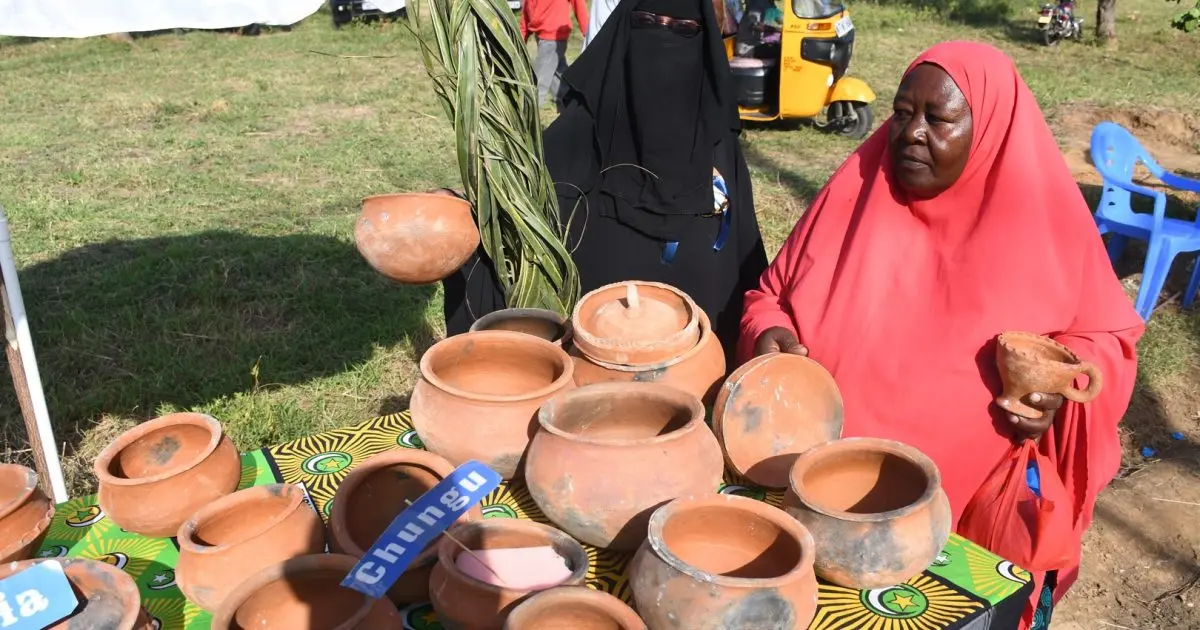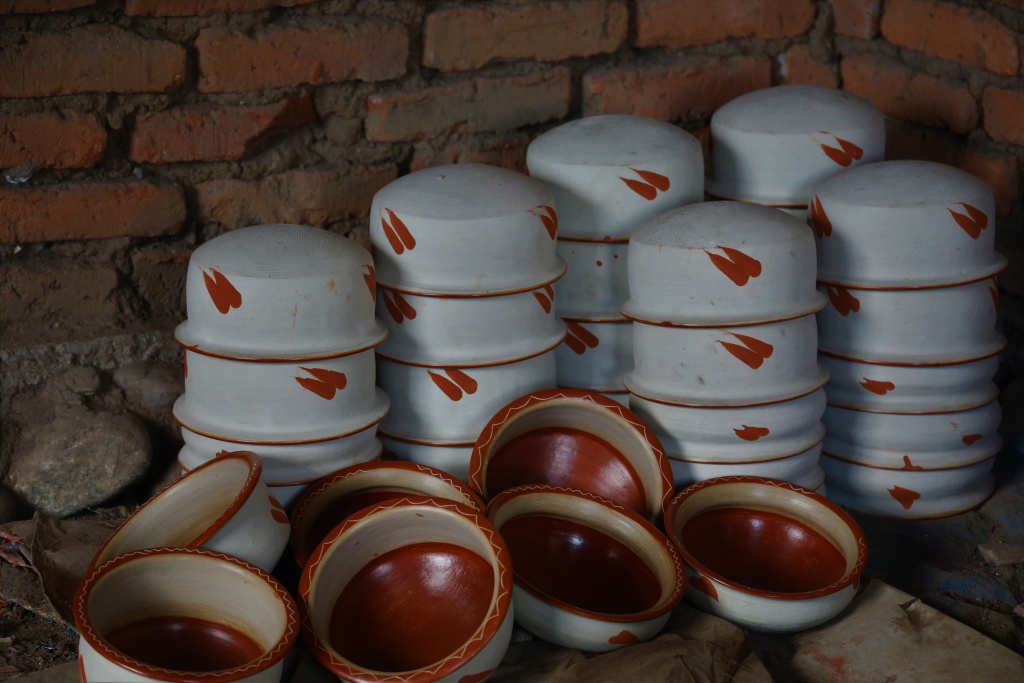
The blog explores the tradition of pottery and ceramics in Shanzu, Mombasa, highlighting studios like Mombasa Pottery and Kizingo Pottery as key destinations. These studios showcase the rich cultural heritage of the region through their intricate designs and vibrant colors. Pottery and ceramics are not only functional but also hold cultural significance, being used in traditional ceremonies and celebrations. Exploring Shanzu's pottery studios offers visitors a unique and immersive experience into Swahili art and culture.
Shanzu, Mombasa, is not only a destination known for its stunning beaches and vibrant culture but also for its rich tradition of pottery and ceramics. For centuries, local artisans have been creating exquisite pottery and ceramics using traditional techniques passed down through generations. In this blog, we delve into the world of traditional pottery and ceramics in Shanzu, offering a guide to the best places to experience this ancient craft.
1. Mombasa Pottery
Mombasa Pottery is one of the oldest and most renowned pottery studios in Shanzu. Established decades ago, this studio is a hub of creativity and craftsmanship, where artisans create a wide range of pottery and ceramic pieces, including vases, bowls, and decorative items. Visitors to Mombasa Pottery can witness the artisans at work, shaping and molding clay into beautiful creations.
2. Kizingo Pottery
Kizingo Pottery is another must-visit destination for pottery enthusiasts in Shanzu. Located in a picturesque setting, this pottery studio specializes in creating traditional Swahili pottery using age-old techniques. Visitors can explore the studio’s collection of pottery and ceramics, and even try their hand at creating their own masterpiece under the guidance of skilled artisans.
3. Traditional Techniques
The pottery and ceramics produced in Shanzu are characterized by their unique designs and vibrant colors, reflecting the region’s rich cultural heritage. Local artisans use traditional techniques such as coiling, pinching, and molding to shape the clay, creating intricate patterns and motifs that are synonymous with Swahili art.
4. Cultural Significance
Pottery and ceramics hold a special place in Swahili culture, with many pieces serving both functional and decorative purposes. In addition to being used for everyday cooking and storage, pottery and ceramics are also used in traditional ceremonies and celebrations, making them an integral part of Swahili life.
5. Urging Readers to Visit Shanzu
Exploring the world of traditional pottery and ceramics in Shanzu, Mombasa, offers a unique glimpse into the region’s rich cultural heritage. From witnessing artisans at work to trying your hand at creating your own pottery masterpiece, Shanzu’s pottery studios offer a truly immersive experience. For those looking to experience the beauty of Shanzu firsthand, visit our website shanzubeachfront.com for more information on holiday apartment bookings and to start planning your visit to this cultural gem.


